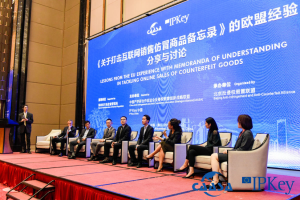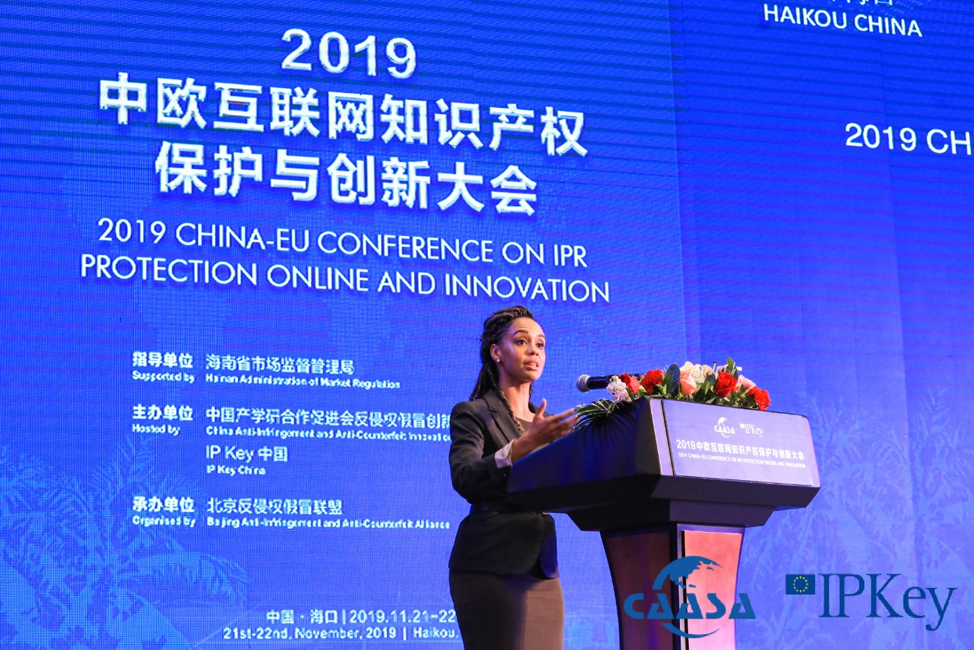Online Counterfeit In China – Could the EU Memoranda of Understanding approach help, and if so – how?
We all know that China has grown rapidly over the last 40 years, with the result that over 800 million people have lifted themselves out of poverty. But did you know that for the last 6 years, since 2013, China has been the world’s largest online or e-commerce market? These days, online platforms like amazon, eBay or Etsy pale in comparison to China’s Alibaba (or taobao), Jingdong (JD.com), xiaohongshu and others. As we have studied and shared before, these Chinese platforms even provide ways for poorer farmers in rural China to access consumers miles away across the country.
China’s e-commerce platforms also provide a great way for exports from other countries to come into China, a part of the Chinese consumer market that is quickly growing. That’s why we have created our Africa Reimagined programme to help sustainable, high-quality African products also access Chinese consumers.
But one of the major challenges that overseas sellers find when they bring their products to China are fake and counterfeit products, whose producers are also now using e-commerce to grow their markets. As well as being the largest e-commerce market it is also believed that China is the largest producer of fake and counterfeit goods in the world. Ensuring intellectual property rights protection both offline and online in China has therefore become an urgent priority for other governments seeking to support their businesses to flourish in China. And China has recognised this.
In most countries, intellectual property rights on e-commerce platforms are regulated under broad trademark and patent laws. This happens in China too. But, on the first day of 2019, China introduced a further specific law – its E-commerce Law, which includes articles that directly reference trademarking, procedures for notice and takedowns, and the respective liability of trademark violators and e-commerce platforms to prevent counterfeiting. Many overseas businesses and governments have welcomed this law, and other anti-counterfeiting efforts that the e-commerce platforms have been making themselves.
But can even more be done? In late 2019, IP Key, the EU’s intellectual property office outpost in China, commissioned Development Reimagined to investigate this exact question, and write a report exploring the online trademark protection environment in China, with a particular focus on China’s E-commerce Law, as well as the potential of an approach which has been used in the EU before called the “memorandum of understanding” (MoU) approach.
In late November, Development Reimagined’s CEO, Hannah Ryder, attended the 2019 China-EU Conference on IPR Protection Online & Innovation, organised by IP Key together with the China Anti-Infringement and Anti-Counterfeit Innovation Strategic Alliance, to present a keynote speech and presentation on the report, and also contribute to a panel discussion with representatives from the top Chinese e-commerce platforms.

Development Reimagined’s CEO, Hannah Ryder, participating in a parallel forum together with representatives from European IP rightsholders as well as major Chinese e-commerce platforms, including JD.com and Alibaba.
The report, through review of over 50 legal cases, data from businesses and online platforms, and drawing on over 30 surveys and in-depth interviews conducted across China and the EU, found 7 high-potential areas in the Chinese online IPR environment that could be addressed by an MoU between e-commerce platforms and rights-holders in China. The report also proposes options for whom such an MoU could be facilitated by, also building on experience of other MoUs that have been signed in China recently.

Presentation of the report’s findings to an audience including China’s Ministry of Commerce and China’s lawmakers.
These findings are important not just for European governments and businesses, but are also useful for developing country governments and businesses to consider as they increase their own manufacturing and determine their own intellectual property regimes, but also as more and more of their products enter China. We stand ready to provide advice on these matters, so that countries can maximise the development impact of their relationship with China, and vice versa.
Upon publication, a link to the report will be provided here
***
If you are interested in collaborating with us please get in touch at clients@developmentreimagined.com.
December 2019


